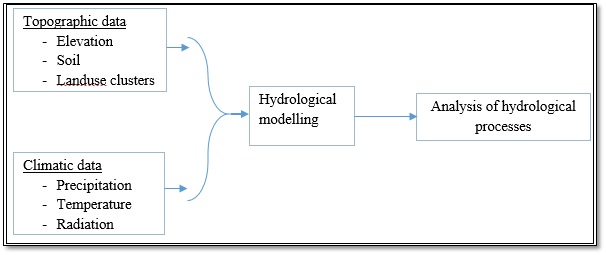Influence of River Basin Morphology and Climate Change on Water Partitioning in Semi-Arid River Basins
Phoebe Pauline Onjira — Hector Fellow Franz Nestmann
The aim of this project is to analyse the influence of river basin morphology (land use, terrain and soil) and climate change on water flows in semi-arid environments. Climate change and changes in land use have led to a shift in water distribution and carrier flows. This project is carried out in the context of the Integrated Water Governance Support System Project in the Lepelle River in South Africa. The aim is to develop and test an innovative water management system.
Increased anthropogenic activities and climate change are causing a global shift in patterns of water fluxes. Semi-arid river basins are characterized by more water stresses, extreme and sporadic climatic events, and have been projected to worsen in many regions under the influence of climate change. Identification of the dominant morphological aspects and their influence on water fluxes are necessary for water resources planning, improvement of modelling approaches, characterization of hydrological response patterns and their subsequent influence on ecosystem and energy flows.
This research supervised by Prof. Dr.-Ing. Franz Nestmann aims to identify the role of river basin morphology (landuse, terrain and soils) and climate change on variations in water partitioning. A hydraulic model is used in this study to characterize water partitioning under the influence of landuse and climatic and identification of dominant morphological factors that cause variation in water partitioning. The model is set-up using a new calibration approach to improve on water balancing. Historical and future climate data are used as the model forcing to quantify hydrological impacts of climate change. This project is undertaken within the context of Integrated Water Governance Support System Project in the Olifants River Basin (South Africa). The objective of the project is to develop and test an innovative water governance system based on new techniques for easing water stress and sustainably managing water resources.

Schematic diagram of research flow
Phoebe Pauline Onjira
Karlsruhe Institute of TechnologySupervised by

Franz Nestmann
EngineeringHector Fellow since 2009

